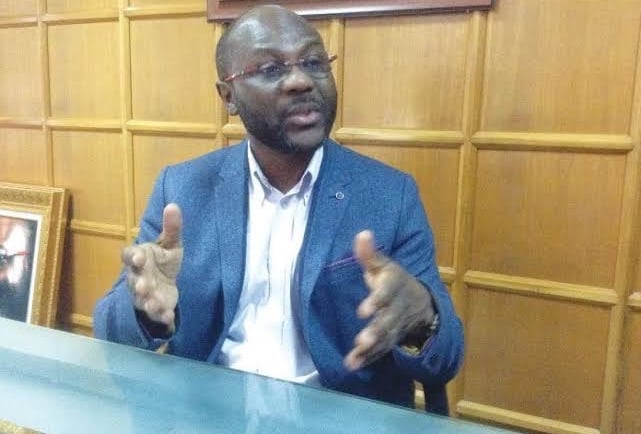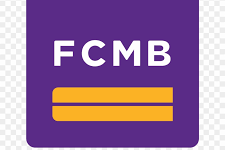THE PAYMENT TITAN
John Obaro And The System That Rewrote Nigeria’s Finances
BIOGRAPHY
Fabian Agore
11/14/20252 min read


THE BANKER WHO BET ON CODE AND STOLE THE SYSTEM
In the sweltering, relentless pressure cooker that is Lagos, where fortunes are forged in the fiery crucible of ambition and luck, John Tanimola Obaro didn't just walk the streets—he stalked them.
He wasn't like the other bankers. They saw ledger books; he saw the untapped power thrumming beneath the city's corrupt skin.
Born a son of Kogi State, a fiercely determined Okun man, Obaro didn't just graduate from ABU Zaria with Mathematics and Computer Science; he emerged with a blueprint for control. He armed himself further with an MBA from Lagos, mastering the language of money and power.
In 1991, Obaro looked at the privilege of his desk at International Merchant Bank (IMB) and saw a gilded prison. He craved the real, raw power that came from owning the key. He walked away from the certainty of a salary to launch SystemSpecs. It was a high-stakes bet, a lone man daring to tell an entire nation their imported, expensive solutions were junk.
THE PRIVATE FORTRESS: WIFE, CHILDREN, AND THE ROOTS OF DRIVE
Behind the relentless ambition of the Payment Titan stood a private fortress built on bedrock. Obaro's roots were humble, fueled only by the relentless drive of his parents, Stephen and Hannah, who demanded an education that money couldn’t buy.
In his adult life, he protected his own family unit like a general guards his command center. His life, anchored by his wife, provided the crucial stability needed for his public war against chaos. Together, they raised two children—a consultant neurologist and a screenwriter—a generational testament to the freedom created by his success. This quiet discipline in his personal life was the invisible steel reinforcing his professional vision.
REMITA: THE ALGORITHM THAT CAUGHT THE THIEVES
Obaro knew the secret of Nigeria: it wasn't a shortage of money; it was a shortage of control. The government’s finances were a sprawling, dark alley, where billions in Naira simply vanished. Every ministry, every agency, ran its own separate, private till. It was a racket—a beautiful, lucrative, slow-motion hemorrhage.
Obaro built Remita.
It wasn't software; it was a digital vise grip. It was the technological enforcement mechanism that politicians feared more than any law. When the government, finally backed into a corner, enacted the Treasury Single Account (TSA) policy, Obaro's platform was the only piece of architecture capable of delivering the shockwave.
Remita unified every cent of government revenue onto a single, visible platform. Every Naira, every transaction, was now under a digital spotlight. Obaro had done the unthinkable: he had weaponized code to deliver accountability. He built an architecture of trust in a land where trust was a foreign currency. He didn't just win a contract; he became the unseen financial spine of the republic.
THE LEGACY OF THE QUIET ARCHITECT
Obaro is not loud; his success screams for him. He proved that the greatest African fortunes wouldn't be won by brute force or drilling for oil, but by sheer intellectual firepower—by solving problems so massive they choked the life out of the economy.
His legacy for every ambitious African entrepreneur is a hard-edged lesson: don't just manage the chaos—master it. Build something so indispensable, so technically perfect, that even the most corrupt system is forced to rely on you.
John Obaro didn't just make a payment system; he created the operating system for economic honesty.
Visit this page daily for your dose of financial sense to power up your wealth growth. Also, share with your family, friends and colleagues.





